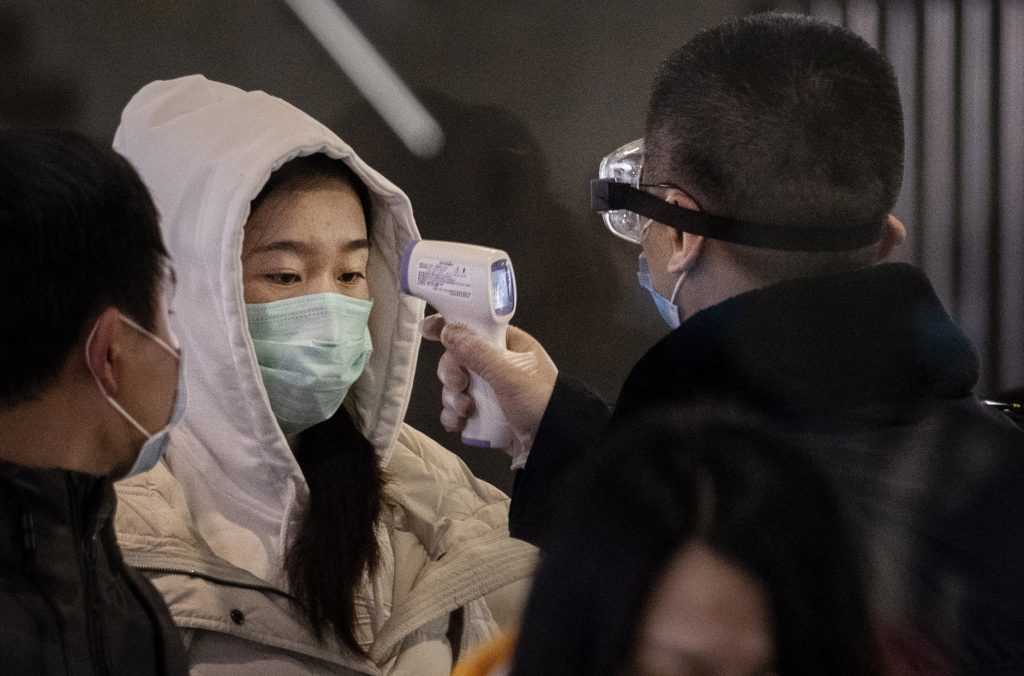
China’s central bank is working on a digital yuan.
Luis Diaz Devesa | Getty Images
A digital yuan could allow some countries to avoid U.S. sanctions and increase the Chinese government’s influence, experts told CNBC.
The People’s Bank of China is working on a digital yuan but has released very few details about the technology behind it or the timeline of its release.
But experts are concerned about the potential power this could give the Chinese government.
Neha Narula, director of the Digital Currency Initiative at the Massachusetts Institute of Technology (MIT), described a simulation that took part in November involving a number of people including Larry Summers and former U.S. Secretary of Defense Ash Carter. It was organized by Harvard Kennedy School’s Belfer Center. Narula was part of the simulation.
The participants simulated a White House National Security Council meeting in response to a major security crisis.
One of the situations involved North Korea developing a missile that had the capability to reach the U.S. It was funded by the digital yuan which allowed North Korea to bypass the global banking system and U.S. sanctions.
“It made it really clear that this (development of digital yuan) is a national security concern,” Narula said at the World Economic Forum in Davos.
“Financial sanctions are a very important tool to the United States and though it might not happen immediately, one must consider the risk of a digital currency issued by another country gaining market share and affecting the U.S.’s ability to engage in financial sanctions and use them as tool.”
Concerns about China’s digital currency have increased. In November, Harvard University professor and economist Kenneth Rogoff warned about the risk of a digital yuan being used for “underground” activities.
“A US-regulated digital currency could in principle be required to be traceable by U.S. authorities, so that if North Korea were to use it to hire Russian nuclear scientists, or Iran were to use it to finance terrorist activity, they would run a high risk of being caught, and potentially even blocked,” Rogoff wrote in the U.K.’s Guardian newspaper.
“If, however, the digital currency were run out of China, the U.S. would have far fewer levers to pull. Western regulators could ultimately ban the use of China’s digital currency, but that wouldn’t stop it from being used in large parts of Africa, Latin America, and Asia, which in turn could engender some underground demand even in the U.S. and Europe.”
Rogoff noted that the U.S. has sanctions against 12 countries including Russia. A digital yuan could hurt the U.S.’s ability to use sanctions, Rogoff noted in an argument similar to Narula’s.
“Just as technology has disrupted media, politics, and business, it is on the verge of disrupting America’s ability to leverage faith in its currency to pursue its broader national interests.”
There have been rising calls for a digital U.S. dollar. Christopher Giancarlo, former chairman of the Commodity Futures Trading Commission (CFTC) spoke on the sidelines of Davos about the need for the U.S. to issue a digital currency.
Experts have also raised other concerns about the digital yuan including the lack of privacy it is likely to have.
“Having a fully digital currency gives the person in charge of the digital currency a lot more power,” Jeff Schumacher, CEO of 55 Foundry, a company incubator and investor, told CNBC at Davos.
“China needs this power to continue its control over its people. Privacy will be weak and the government will have the ability to know about every transaction. It also could be a preparatory step to let its currency float. There are multiple currencies in China (a trade currency and a mainland currency). China cannot sustain this multi currency approach.”

